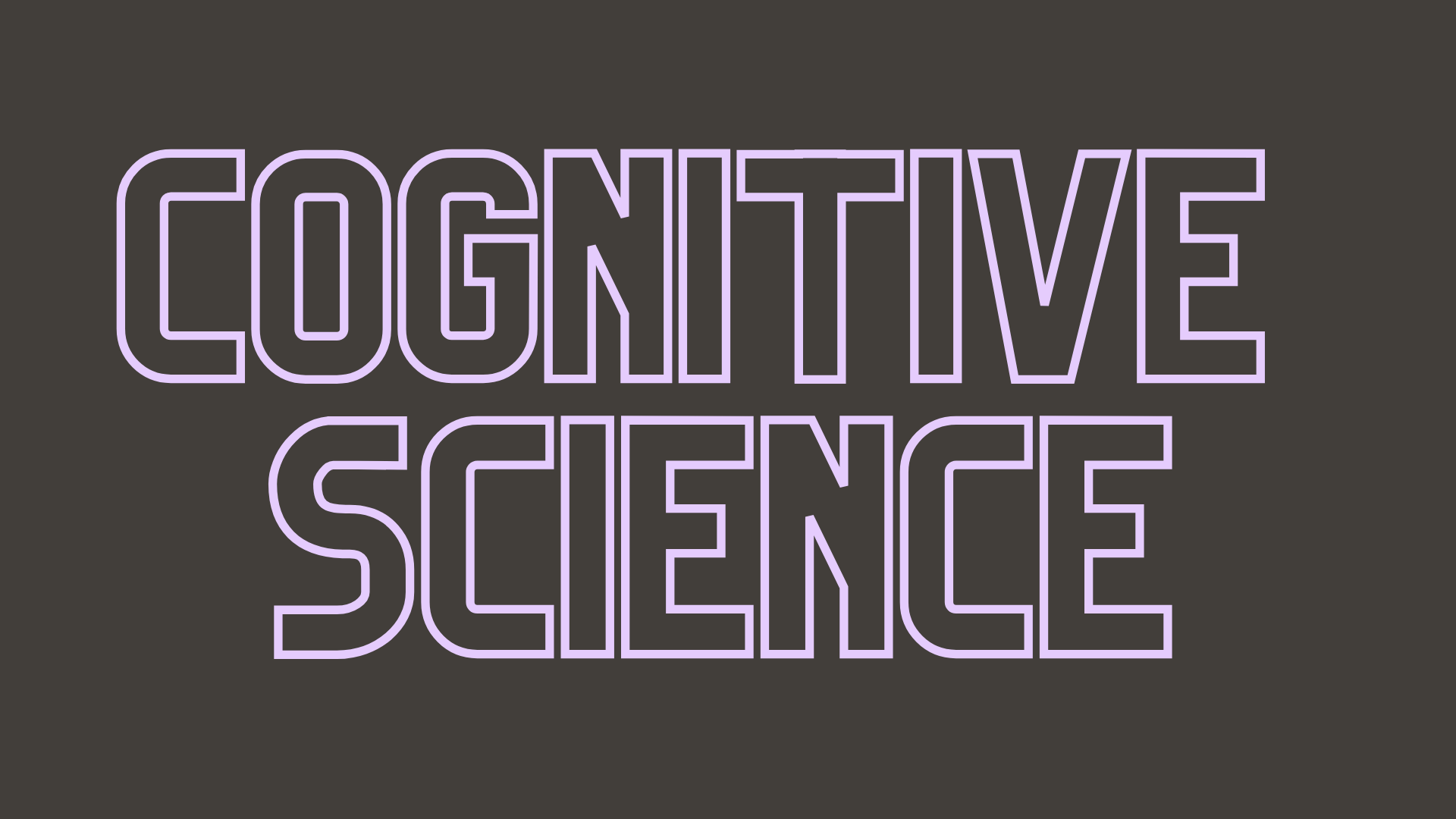
Cognitive science is easily one of the fascinating fields in today’s society, with countless applications of it across not only education but other fields. To study the field, students are taught the scientific method, logical reasoning, the scientific method, and other analytical thinking skills. These same skills are now being applied to the field of education, which has led to cognitive science being seen as a cornerstone in the way we educate today.
Cognitive Science has been around for a long time. Still, because of recent advances in technology and the explosion of big data, it’s become recognized as the newest cornerstone of education. Cognitive Science looks at how people learn, how the brain processes information, what impact technology has on learning, and what we can do to improve learning. While Cognitive Science is not a new concept, it’s getting more attention than ever because of recent breakthroughs.
How is Cognitive Science Considered as the New Cornerstone in Education
There has been a lot of talk about cognitive science over the past couple of years. Some educational theorists believe that cognitive science is the way of the future, and a lot of parents, too, believe that cognitive science is the way of the future. What is Cognitive Science? Cognitive science is a fairly new branch of science that studies the structures of the human mind.
The Cognitive Science in Education Program prepares students to become productive contributors to the research and development of educational technology. Students will develop foundational knowledge in cognitive science, learning theory, and instructional design. The 20-credit hour program includes coursework and an independent research project, providing students the opportunity to develop and apply cognitive science knowledge to solve real-world problems.
Benefits of Cognitive Science in Education
Instructional technology coordinators (ITC) and teachers know about cognitive and developmental theories and research are needed across the United States for schools seeking to improve the quality of education. The 21st century global economy requires skilled workers in science and technology to function effectively in the workplace and beyond. The field of instructional technology (IT) is a growing field where teachers and specialists work together to transform technology into learning activities that improve students’ performance in school.
The demand for people who have knowledge and research skills about cognition development and instruction is huge. With the rise of online learning and e-Learning, employers and companies are looking for experts with knowledge and research skills so they can better develop digital courses. If you already work with instructional design and research, you may find a new career path.
Though most people have heard of the term basic research, many don’t exactly know what it is. The basic research process involves researchers studying various aspects of natural or human systems in order to understand them better. While basic research can have immediate applications, more often than not, it is undertaken purely for knowledge’s sake.
Cognitive science has been increasing in popularity in educational circles for the past few years. One popular and seemingly quantifiable example of cognitive science is the idea that students learn better when they actively use their mental faculties. This idea is well established, with research showing that students who actively use their minds tend to learn more material more quickly.
Cognitive science is a scientific field that combines theoretical and empirical approaches to the study of thinking, learning, and behavior. Cognitive science developed from the philosophy of cognitivism, the idea that cognition is exclusively a function of the neural processes underlying perception, memory, and reasoning.
Cognitive science is a branch of psychology that pertains to how we humans think and reason. For the purposes of this post, I’ll use this phrase to refer to the cognitive processes we use when learning, remembering, and reasoning. Cognitive science can be used to study the learning process in general, or it can be used to study specific learning strategies.
